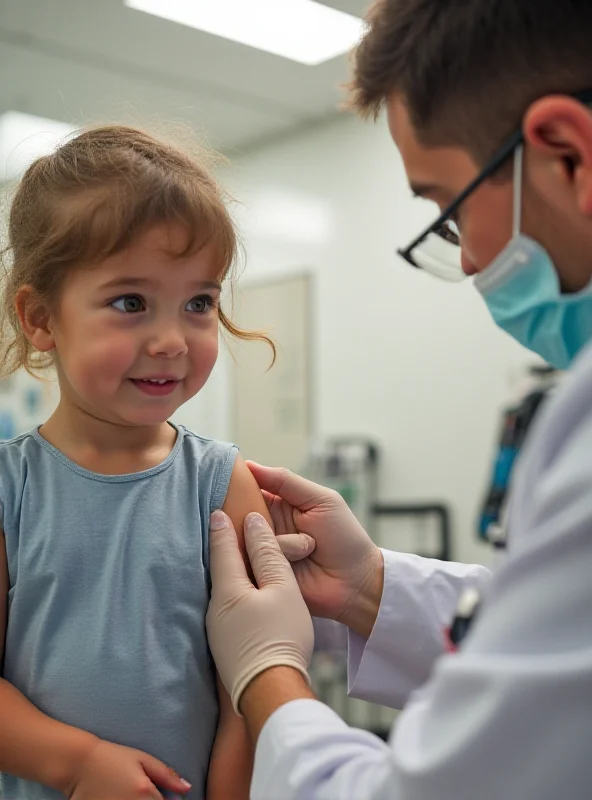The world of public health is constantly evolving, presenting new challenges and requiring vigilance. From outbreaks of avian influenza to the resurgence of measles and the ongoing need to address misconceptions about strokes, several pressing health issues are demanding attention.
Avian Flu: A Tale of Two Continents
While France has so far avoided the problematic strains of avian influenza circulating in the Americas thanks to a robust vaccination campaign and active livestock monitoring, the United States is facing its own struggles. Over the past year, 978 herds of cows have been infected with a virus. Massive layoffs of federal employees in the US, followed by attempts to rehire, are raising fears of disruptions in the monitoring and management of the crisis.

The situation in the US highlights the importance of consistent funding and staffing for federal agencies responsible for managing health crises. Any disruption in monitoring could have significant consequences for both animal and human health. "The key to containing outbreaks is early detection and rapid response," says Dr. Emily Carter, a leading epidemiologist. "Layoffs and rehiring processes can introduce critical delays."
Measles Resurgence in the United States
Another pressing health concern in the United States is the measles epidemic, particularly in Texas. Low vaccination coverage is fueling the outbreak, presenting a significant challenge for the new American Health Minister. The situation is further complicated by figures like Robert F. Kennedy Jr., who advocate for individual choice between conventional vaccination and alternatives like cod liver oil.

The debate over vaccination versus alternative treatments underscores the importance of evidence-based decision-making in public health. While individual choice is important, public health officials emphasize the overwhelming scientific consensus supporting the safety and efficacy of vaccines in preventing the spread of infectious diseases.
"Vaccines are one of the greatest achievements of modern medicine," argues Dr. Carter. "They protect individuals and communities from preventable diseases."
Challenging Misconceptions About Strokes
Beyond infectious diseases, other health issues demand attention. Margot Turcat, an art teacher who suffered a stroke at the age of 33, is challenging the common misconception that strokes only affect the elderly. Her story, highlighted just before International Women’s Rights Day, underscores the importance of recognizing that strokes can affect people of any age and the need for greater awareness and support for younger stroke survivors.

Margot's fight to have her disability recognized highlights the societal prejudices faced by younger people with disabilities. Her story is a reminder that health issues can impact anyone, regardless of age, and that it is crucial to challenge stereotypes and promote inclusivity. The medical community is also working to improve diagnostic tools and treatment protocols for strokes in younger individuals, recognizing that the causes and presentations can differ from those in older adults.
From avian flu to measles and stroke awareness, the health landscape is constantly shifting. Vigilance, informed decision-making, and challenging misconceptions are crucial steps in protecting individual and community well-being.
